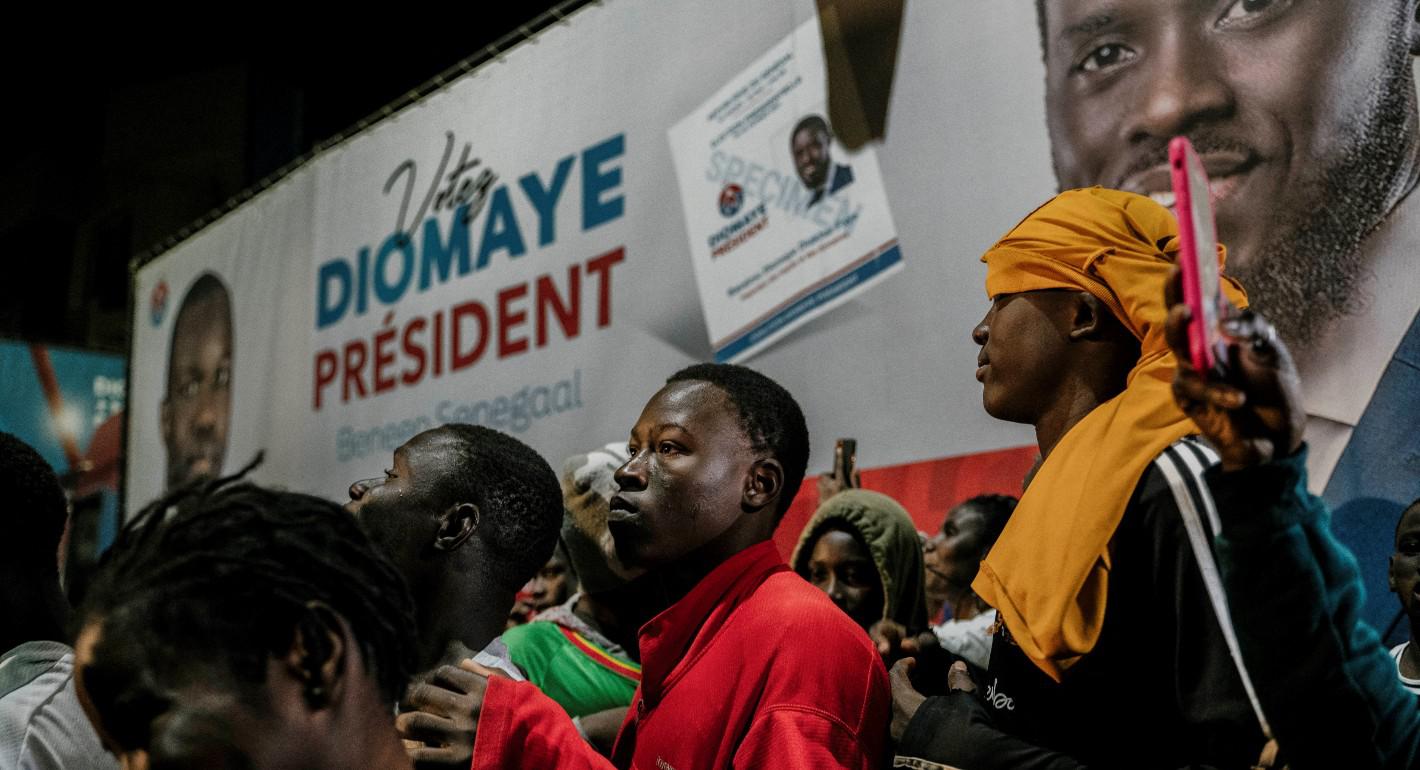
Senegal is preparing for a pivotal two-day parliamentary session as the National Assembly convenes on August 25 and 26, 2025, to debate and vote on four major bills designed to enhance public governance and accountability.
These legislative proposals, already approved by the Council of Ministers, are part of a broader strategy to bolster transparency and fight corruption across the country.
“This parliamentary work represents a critical step in consolidating legal tools for oversight and integrity,” said a government spokesperson.
The schedule begins on Monday with Bill No. 12/2025, which establishes the National Office for the Fight against Corruption, followed by Bill No. 15/2025 on the declaration of assets.
Both measures are intended to create stronger mechanisms for monitoring public officials and deterring abuse of office.
On Tuesday, lawmakers will turn their attention to Bill No. 13/2025, setting out the status and protection of whistleblowers, and Bill No. 14/2025 on access to information, which aims to guarantee public access to official documents and data.
Together, these four texts form a cornerstone of Senegal’s legal framework for transparency.
The bills come amid a broader series of economic and institutional reforms, reflecting the government’s stated commitment to strengthening public integrity and accountability.
Civil society groups and international partners have expressed keen interest in the outcome, viewing the session as a litmus test of Senegal’s dedication to good governance.
“The final vote at the end of the session will define the legislative framework for Senegal’s new transparency strategy,” a senior parliamentary official said, highlighting the session’s significance for both domestic and international observers.
As the 15th legislature undertakes this decisive work, Senegal positions itself as a regional leader in institutional reform, aiming to establish legal standards that ensure oversight, protect whistleblowers, and empower citizens with access to critical information.
The outcome of this session is expected to shape the country’s governance landscape for years to come, reinforcing both accountability and public trust in state institutions.



